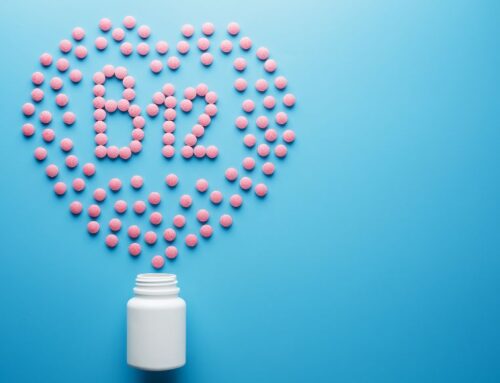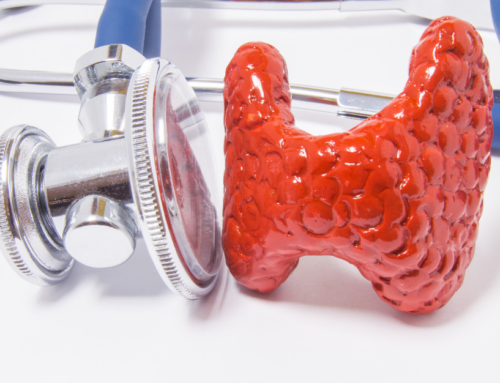Potassium iodide in radiation emergencies
In 1982 the FDA approved potassium iodide to protect the thyroid gland from radioactive iodine in radiation emergencies. In an accidental event or attack on a nuclear power plant, volatile fission product radionuclides may be released.
Of these products, radioactive iodine is one of the most common and is particularly dangerous to the thyroid gland because it may lead to thyroid cancer. By saturating the body with a source of stable iodide prior to exposure, inhaled or ingested radioactive iodine tends to be excreted, which prevents radioiodine uptake by the thyroid.
Iodide only helps the thyroid gland
Potassium iodide cannot protect against any other causes of radiation poisoning and is limited to protecting the thyroid. All cells of the body are vulnerable to radiation and iodine cannot decrease other risks such as leukemia or other types of insult to cells of the body that may occur from radiation toxicity.
Glutathione recycling critical for radiation stress
Several research studies have found that that the glutathione recycling system is critical in dealing with the oxidative stress of radiation.Our bodies’ defense against these harmful compounds involves our antioxidant systems.
Glutathione is an antioxidant made in our bodies to help protect our cells from radiation and other free radicals. Theoretically, the more glutathione we have, the more protection we have against free radical activity.
Compounds to boost glutathione recycling
Several natural compounds have been shown in research studies to increase glutathione levels.These include N-acetyl cysteine, Cordyceps, Guto Kola, Milk Thistle, L-glutamine, and alpha lipoic acid.
I personally use these compounds ands and have recommended them to patients as a single formulation called Glutathione Recycler from Apex Energetics.I also have been using a glutathione liposomal cream called Oxicell to be applied to the thyroid gland itself.
Adrenal adaptogens may protect against free radicals
Lastly, several research studies have shown that plant compounds called adaptogens such as Siberian Ginseng, Ashwagandha, Holy Basil, Rhodiola, and Boerhaavia Diffusa may have radiation free-radical protecting properties.
I use a formulation called Adaptocrine from Apex Energetics to provide these adaptogens.I have listed some of the research references at the end of this article on my blog regarding the role of glutathione and adaptogens, but these compounds and products have not been evaluated or approved by the FDA for radiation crises, nor are they considered mainstream management for radiation exposure.
Reports of Hashimoto’s flare-ups have gone up since the crisis
Lastly, the use of iodine in Hashimoto’s patients has become an issue of concern since many Hashimoto’s patients cannot tolerate iodine without activating their autoimmunity. Many cases of Hashimoto’s flare-ups and thyroiditis have been reported to me by health care provider across the country since the recent media promotion of potassium iodine supplementation.
No good answer on emergency iodine use with Hashimoto’s
There is no good answer for this dilemma because both taking iodine and not taking iodine may not be good options for those suffering from Hashimoto’s.If iodine cannot be tolerated by the individual the use of the above protocol to enhance glutathione activity, the use of glutathione cream rubbed into the thyroid gland, and the use of adaptogens may be of help in protection without inducing iodine promoted adverse reactions.





